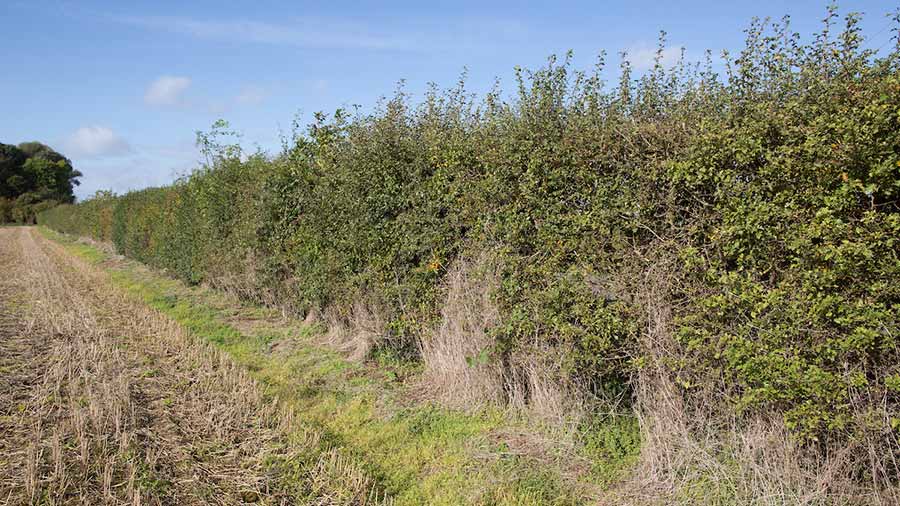Countryside Stewardship to become second tier of ELM scheme
 © Tim Scrivener
© Tim Scrivener Changes to the way the government’s flagship Environmental Land Management (ELM) scheme is to be implemented in England are expected in the next month, with plans afoot to roll over Countryside Stewardship (CS).
The planned new approach emerged during a Defra briefing of the Future Farming and Countryside Programme on Tuesday (15 November), which meets regularly to update stakeholders on the ELM co-design process.
See also: Slow uptake of SFI blamed on low payments and lack of detail
It is understood from sources at the meeting that, rather than developing a new, bespoke Local Nature Recovery (LNR) tier of ELM, Defra is now planning to extend CS – and then consider adding different actions to increase its environmental delivery.
As a consequence, some of the standards that were supposed to be introduced in the next few years under the first-tier Sustainable Farming Incentive (SFI) – such as integrated pest management and the hedgerow standard planned for 2023 – are now expected to be shifted to the enhanced CS scheme.
This is to avoid considerable duplication of actions, should such measures also be offered under SFI.
Sources at the meeting said a full announcement on the change in delivery would come within a month, but details of associated payments would not be until the New Year, once cleared by the Treasury.
SFI under review
While negotiations with the Treasury are still ongoing, Defra farming minster Mark Spencer said the message that the current payments on offer under the SFI were “a little bit too low” had been heard in Westminster.
“These things are always under review,” he told a meeting of the Environment Food and Rural Affairs (Efra) committee.
“We want this scheme to be successful and in order to do that, we’ll continue to engage with farmers to work out what is motivating them.”
Mr Spencer did suggest there were barriers to farmers joining agri-environment schemes “other than the money”, and stressed the importance of making schemes easy to understand, deliver and engage with, without the fear of overzealous inspections and penalties.
He described the ongoing review of ELM, which is close to its conclusion, as “fine tuning” and promised “more meat on the bones by Christmas”.
He also confirmed that the phase-out of the Basic Payment Scheme for English farmers would continue until it was gone in seven years’ time, with no plans to retain any elements of it or pause it.
“We need to get on with it,” he said. “We’ve made huge commitments on the environment and on food security.
“We want to create a system that enthuses farmers to produce food and to improve the environment.”
Mr Spencer was optimistic that farmers could deliver both.
SFI uptake
Meanwhile, senior Defra civil servant Janet Hughes told the Efra committee that uptake of the SFI was going according to plan.
Currently there are 849 farmers in the SFI Pilot, and around 1,500 completed applications for the SFI 2022 scheme launched in late June.
These are being turned around in less than two weeks.
“More than 1,100 are already live and some have already started to get paid,” she said.
Following a doubling in the numbers joining CS in the past three years, about 30% of farmers in England are now involved in environmental schemes.
“We’re happy with the uptake (of SFI) so far, and we’re really happy with the positive feedback we’ve had from those who have engaged with the scheme,” she said.
